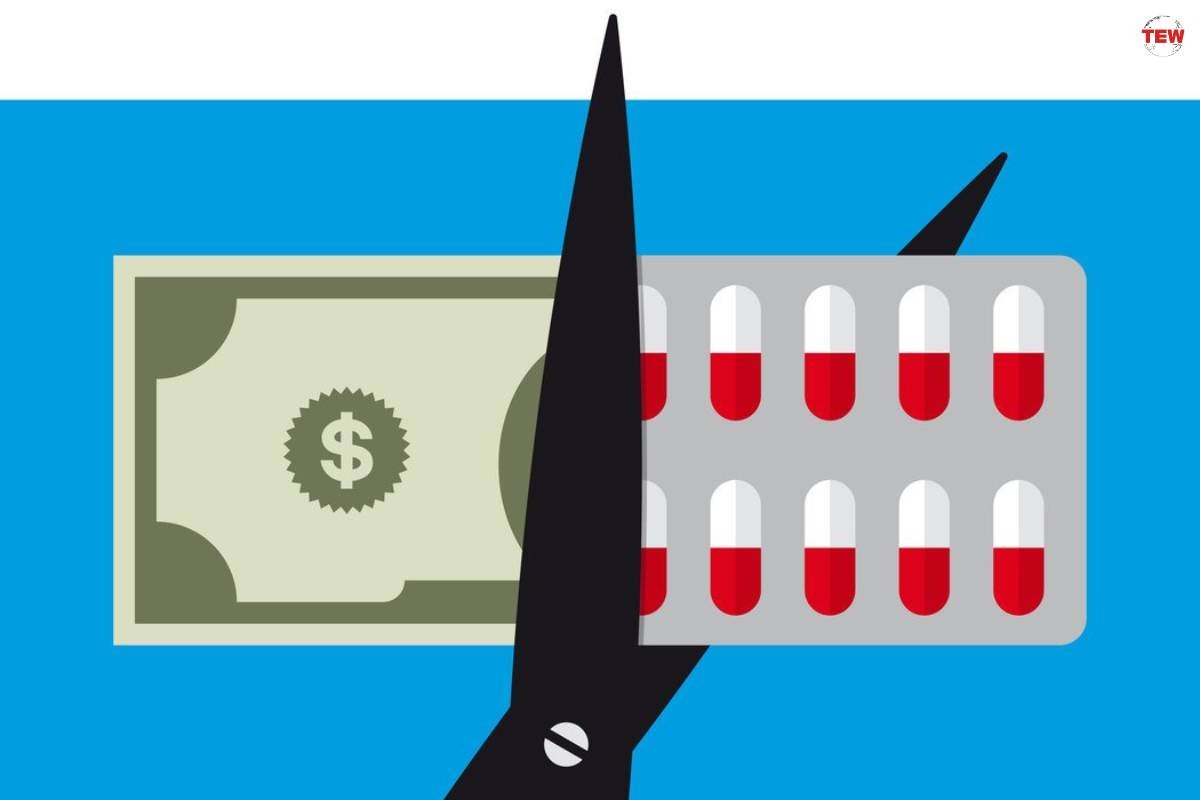The Centers for Medicare & Medicaid Services (CMS) have proposed certain changes. These changes may affect how ABA services are delivered and billed for. The changes can be a bit overwhelming, including updates to the Medicare Physician Fee Schedule (MPFS), telehealth approval, and medical billing and coding processes. This article will break down the changes and make them easier to navigate.
The telehealth approval status of CPT codes for ABA services
In the realm of ABA Billing, telehealth has been a hot topic. CMS has proposed that the CPT codes for adaptive behavior/ABA services (97151 – 97158, 0362T, 0373T) remain carrier-priced throughout 2023. These codes were temporarily added to the Medicare telehealth list during the COVID-19 public health emergency (PHE). CMS has also proposed including the full ABA services code set in its temporary telehealth Category 3, allowing telehealth delivery of these services until the end of 2023. However, permanent telehealth delivery under Category 2 is still pending CMS approval.
Medical billing and coding changes for 2023

There have also been medical billing and coding changes in 2023. These changes impact healthcare organizations and are crucial to ensuring accurate billing and reducing reimbursement delays. Let’s explore some of the key updates:
1. Introducing the Modifier JZ & JW
Effective January 1, 2023, CMS has unveiled a new player in the medical billing world — the Modifier JZ. This modifier reports when there are no discarded amounts for single-dose container drugs. The single-dose container drug is marked with the JZ modifier in cases like these.
In parallel to the Modifier JZ is another player entering the field — the Modifier JW. Just like its companion JZ, the Modifier JW represents discarded drug amounts. When waste from a multi-use vial or single-use package couldn’t be administered to any patient, the JW modifier steps in to save the day. This dynamic duo ensures accurate reporting of used and unused medications.
Starting July 1, 2023, they are a must-have on claims, and those without the JZ or JW modifier after October 1, 2023, may face a return trip due to processing difficulties.
2. Tackling discarded drug amount reporting
Regarding discarded drug amounts, CMS doesn’t have specific requirements for documentation within the Electronic Health Record (EHR). However, providers must maintain accurate medical records regarding drug waste for every beneficiary. It’s time to implement efficient processes to ensure a smooth information flow from clinicians to coding and billing staff. The goal is always to strive for minimal waste in terms of drugs and paperwork.
When clinicians, coders, and medical billing staff collaborate seamlessly and share information promptly, it ensures efficiency. This, in turn, leads to the maintenance of accurate records, and no waste will go unnoticed. There are many challenges when it comes to discarded drug amount reporting. Still, with teamwork, high reporting standards, and a policy of consistency, these challenges can be easily overcome.
3. CMS reverses 340B payment cuts

As a welcome change, CMS has reversed previous payment cuts. Beginning January 1, 2023, Medicare will pay 340B hospitals under Medicare Part B for certain outpatient drugs at the same average sales price (ASP) rate for non-340B hospitals. This policy change brings hope and equity, as 340B hospitals will be paid at a rate generally equivalent to the drug’s ASP plus 6% rather than the previous rate of ASP minus 22.5%. It’s a triumph for fairness in reimbursement and a victory for 340B hospitals striving to provide quality patient care.
4. New codes for biosimilars
Last but not least, let’s celebrate the arrival of new codes for biosimilars in the 2023 CPT/HCPCS code set to release. As their name suggests, biosimilars are similar to existing biological drugs and offer potential cost savings. CMS will reimburse biosimilars with an ASP less than or equal to the reference biological price at ASP plus 8% to support their production and drive down drug costs. This is a 2% increase compared to the regular biological reimbursement of ASP plus 6%. It’s like giving biosimilars an extra boost, empowering them to make a greater impact on patient care and affordability.
Conclusion
By embracing these changes, it’s possible to establish accurate medical billing, minimize errors, and streamline reimbursement. In the world of billing and coding, teamwork between clinicians, coders, and billing staff is key. Adapt to evolving circumstances to make a positive impact on patient lives.
Implementing these updates ensures seamless medical billing procedures and improved efficiency in the healthcare industry. Stay informed, navigate ABA billing complexities confidently, and make informed decisions for accurate documentation and fewer errors.


















